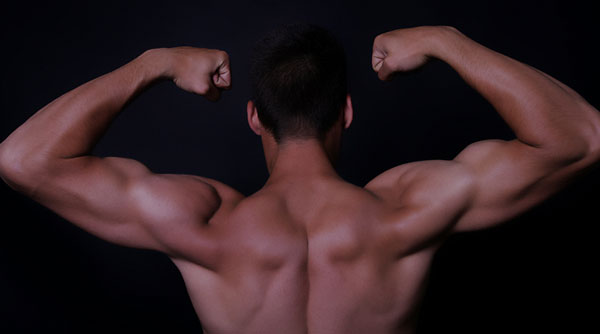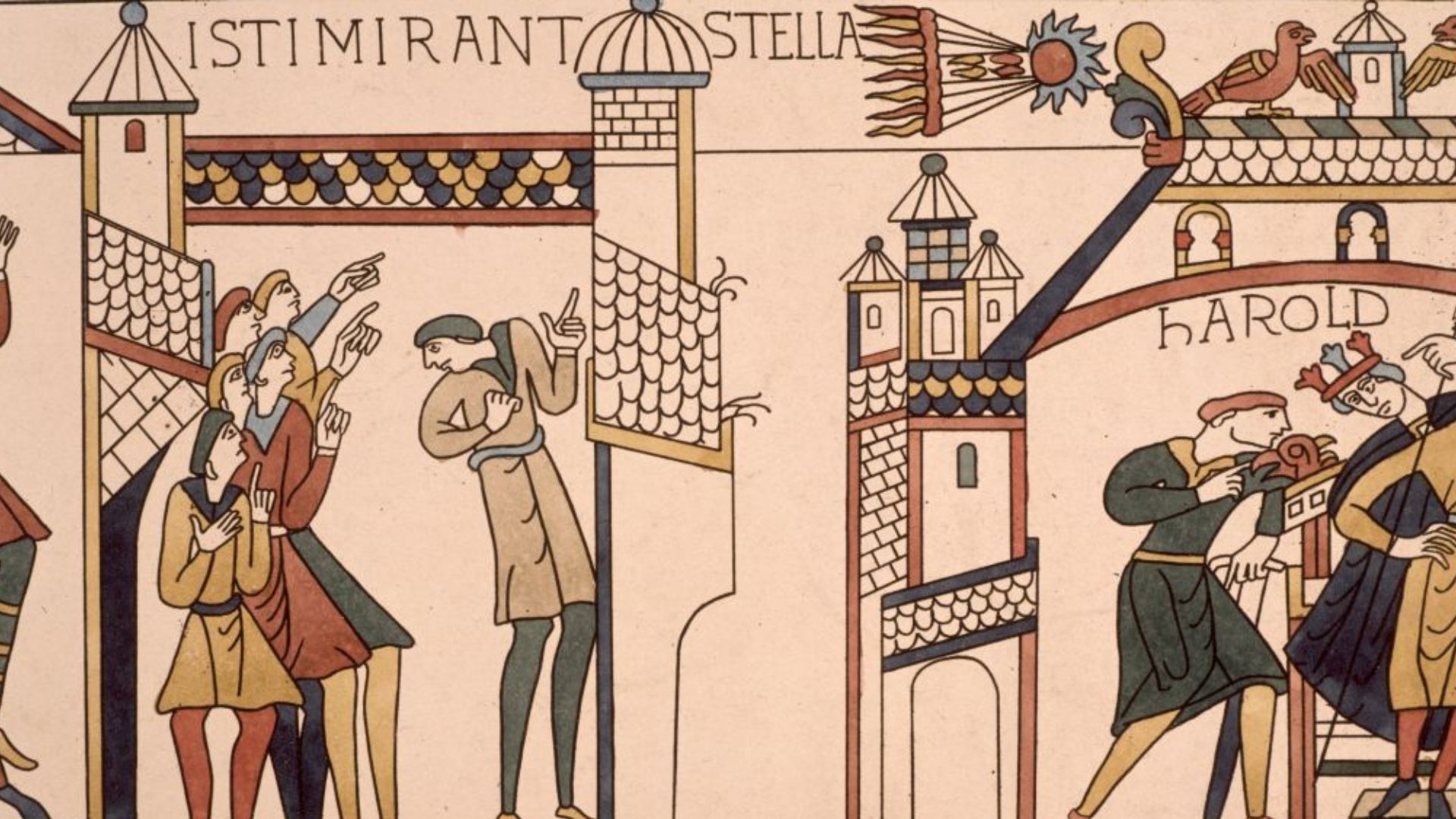Does Human Growth Hormone Really Help Athletes?

Human growth hormone (HGH) is in the news again as a Canadian doctor, Anthony Galea, has been charged with illegally distributing it to professional athletes in the United States. Like steroids, HGH seems to be in constant demand by athletes, not only to increase lean body mass but also to speed recovery from muscle fatigue or injury.
At least that's what users believe will happen. However, there has been conflicting research on whether HGH actually helps improve athletic performance. Now, a new study has found some evidence that HGH does indeed increase performance, but not as much as previously thought by some.
We all produce HGH naturally. It is a hormone secreted by our pituitary gland, which is near the base of the brain, and it helps with cell reproduction and promotes physical growth. The hormone works by stimulating the liver and other tissues to make a protein called insulin-like growth factor 1 (IGF-1). In turn, IGF-1 causes bone growth and also plays a key role in muscle and organ growth, according to the World Anti-Doping Agency (WADA).
Recombinant HGH, which is HGH made by genetically engineered bacteria, was first developed in 1981 to help people whose bodies did not produce enough of it naturally. However, evidence that the supplemental HGH did, indeed, help athletic performance was mainly anecdotal.
Recently, researchers from the Garvan Institute of Medical Research in Australia have released a new study in the Annals of Internal Medicine showing evidence that there is at least some benefit to athletes.
The researchers tested 103 male and female recreational athletes, aged 18 to 40. They divided the athletes into two groups, and for two months, one group received injections of HGH while the other received placebo injections of salt water. A portion of the men that got HGH also received testosterone supplements. All of the athletes lifted weights, rode exercise bikes and jumped to test their athletic skills before and after the injections.
After two months, there was no improvement in the strength, power or endurance of the athletes who had received HGH. The only improvement was in the speed at which the athletes could sprint on a bike. Those given HGH improved 4 percent, and the men who received testosterone and HGH improved 8 percent. The researchers concluded that while the effect isn't as widespread as some have previously believed, there is a significant boost in speed.
Get the world’s most fascinating discoveries delivered straight to your inbox.
However, there were a few limitations to the conclusions of this study. For obvious reasons, elite, professional athletes could not be asked to participate. And the dosages given were less than the amounts athletes are reported to be using illegally.
We used lower doses of growth hormone than athletes are reported to use, and for a shorter time," said professor Ken Ho, who leads pituitary research at the Garvan Institute. We can speculate, therefore, that the drug's effects on performance might be greater than shown in this study, and its side effects might be more serious."
Still, the study, which was funded by WADA, is a step towards validating the ban on HGH.
"This is the first demonstration of improvement in a selective aspect of physical performance with growth hormone. We believe that this effect may bring a competitive advantage to athletes engaging in sprint events," wrote the authors.
Dan Peterson writes about sports science at Sports Are 80 Percent Mental.
 Live Science Plus
Live Science Plus





